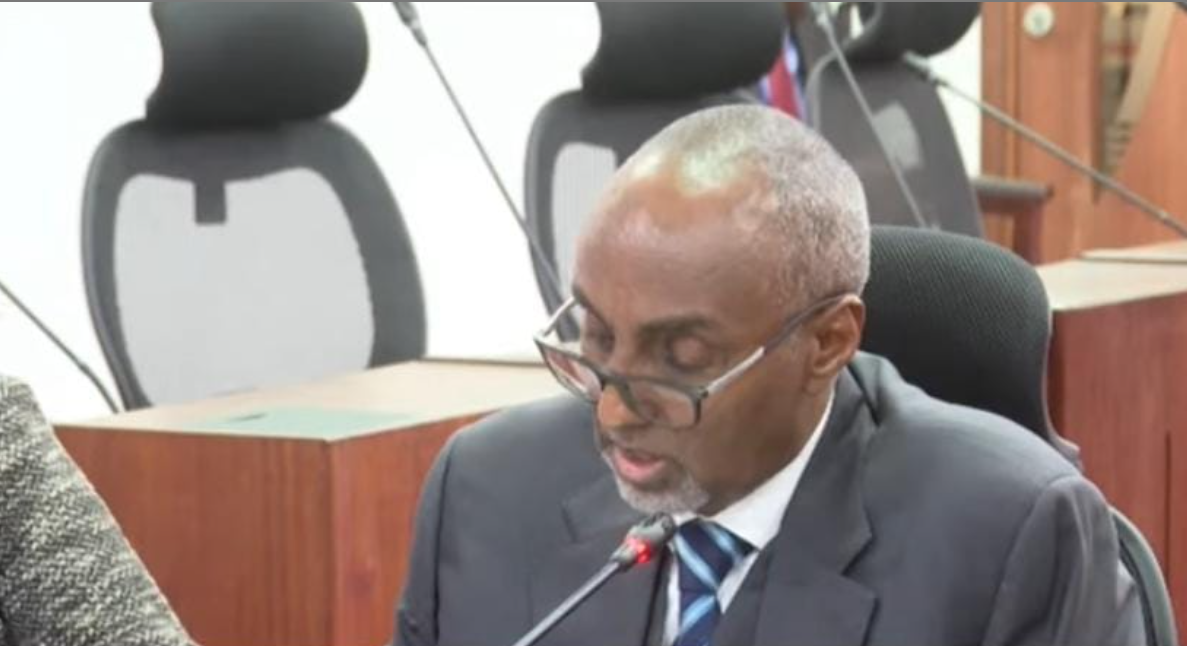The Ethics and Anti-Corruption Commission has opposed the proposed Ethics and Anti-Corruption Commission (Amendment) Bill, 2024, which seeks to amend Section 5 (1) of the EACC Act, 2011 to require all future chairpersons of the commission to be lawyers only.
EACC Deputy CEO Abdi Mohamud while appearing before the Departmental Committee on Justice and Legal Affairs (JLAC) on Wednesday, July 31 urged the committee to reject the proposal, saying the commission did not necessarily need to be headed by a lawyer to effectively carry out its mandate.
He argued that the EACC has a fully established legal services directorate within its structures, which checks evidence during investigations and whether it meets the legal threshold.
“The Commission does not necessarily have to be led by a lawyer in order to effectively discharge its mandate. Within its organizational structure, the Commission has a fully established Directorate of Legal Services, with some of its officers holding qualifications of a Judge of a superior court.
“This Directorate reviews evidence in the course of investigations to ascertain whether it meets the legal threshold and advises the Commission on all legal issues before it,” said the EACC deputy CEO.
Read More

Mohamud pointed out that legal professionals may possess strong legal expertise but lack skills and leadership experience in other areas relevant to anti-corruption work.
He also mentioned that restricting the role of the EACC chairperson to the legal profession could result in a lack of diverse competencies and expertise necessary for the Commission's effective performance
“Restricting the Chairperson position to the legal profession only could result in missed opportunities for innovation and improvement within the Commission. Candidates without legal backgrounds may have fresh ideas, innovative approaches, and diverse skill sets for the role,” Mohamud added.
Further, the EACC deputy CEO highlighted that the position of Chairperson of EACC has previously been held by lawyers qualified to hold the office of a judge of the High Court and that there is no added advantage in having a lawyer over the other professionals at the helm of EACC.
-1706424223.jpg)





